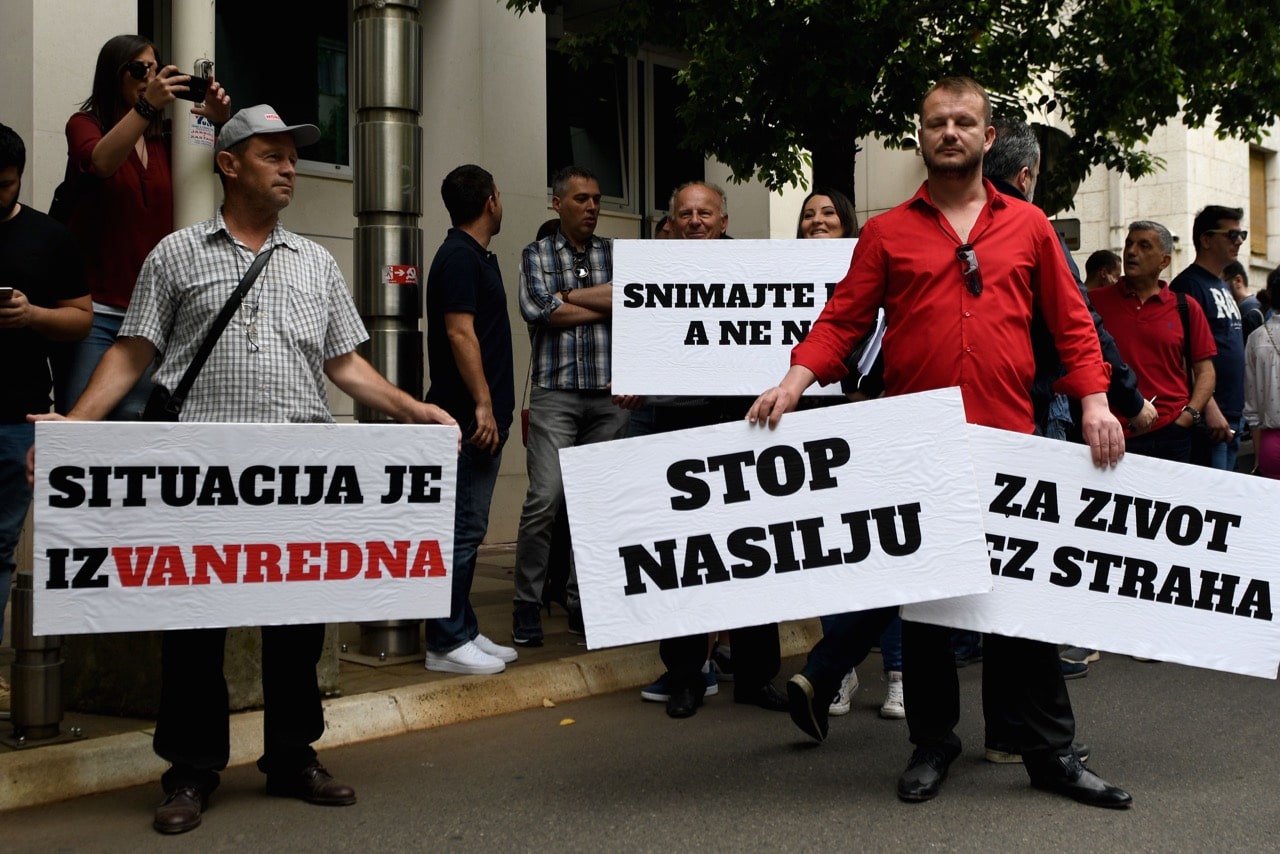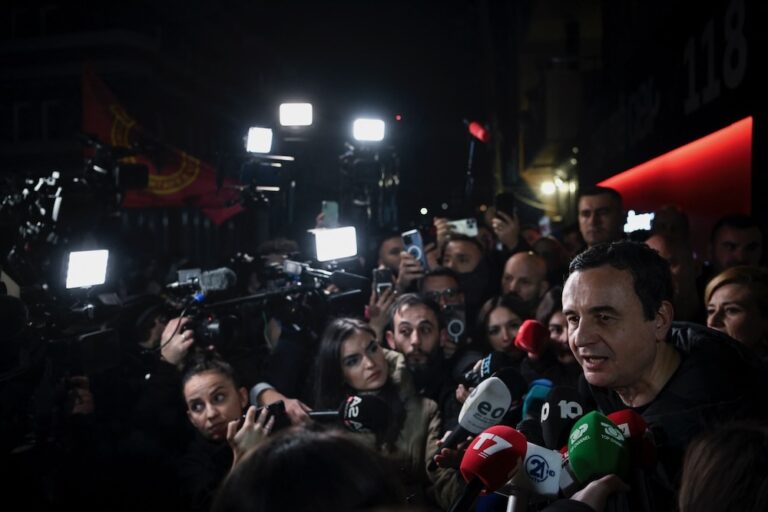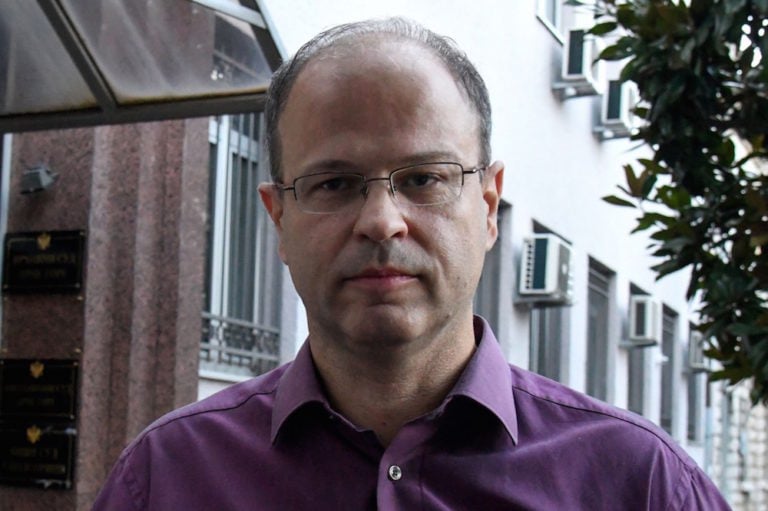Lakić is Motenegro's most targeted journalist; she has been beaten and threatened numerous times in connection with her articles.
This statement was originally published on seenpm.org on 9 May 2018.
Olivera Lakić, a journalist for the daily Vijesti based in Podgorica, was wounded in the leg in an attack in front of the building where she lives.
Lakić said that a man approached her near the entrance of her building, and shot her. She saw two other men running away. The bullet passed through her right leg, but Lakić is out of danger, Vijesti reported on 8 May 2018.
Olivera Lakić is the most targeted journalist in Montenegro:
– In March 2012 she was beaten in front of her home
– The year before she had been threatened twice for a series of articles on the alleged illegal production and smuggling of cigarettes
– In 2014 she received threats from persons close to the man who attacked her in 2012.
Montenegrin authorities prosecuted most of the persons who threatened Lakić, but never investigated who ordered these threats and attacks.
Additionally, Lakić’s claims regarding cigarette smuggling have not been conclusively investigated.
The attack on Lakić is the third case of an attack or threat against a journalist recorded in Montenegro in 2018 and the tenth since 2017.
The majority of the most serious cases of attacks on journalists still remain unsolved. No one at the Police or the Prosecution has ever been held responsible for this.
According to a statement by the Trade Union of Media of Montenegro (TUMM),
“Lakić was obviously followed and then attacked in front of the building where she lives. It is clear that the attackers with this dishonorable shot wanted to send her a message to stop reporting on suspicious and criminal affairs, which she has been doing for years.”
“The future of the media scene in Montenegro depends on solving this case. If it remains unsolved, journalists should seriously consider alternative ways of protecting their lives and professional integrity,” stated Marijana Camovic, TUMM president, concluding that “The state of Montenegro must not be a synonym for a place where the free word is threatened by bullets.”
On 8 May, the relevant authorities and high officials swiftly condemned the attack, states TUMM, hoping that it is finally clear to them that declarations will not be useful if the perpetrators are not found and prosecuted.
“We have a long and disgraceful history of impunity for attacks on journalists in Montenegro. Until now no one out of those accountable for solving cases of attacks on journalists has borne any responsibility for unprofessional or poorly done work,” reads TUMM’s statement on the attack.
“It is time to stop this practice because since the worst case of an attack on a journalist – the murder of Duško Jovanović in 2004 – the pattern has not significantly changed,” TUMM stated, adding that if this case remains unsolved, journalists must seriously consider alternative ways of defending their lives and professional integrity.
The Western Balkans Regional Platform for advocating media freedom and journalists’ safety, which represents more than 8,000 members, also strongly condemned the brutal attack and stated that any attack on a journalist is an attack on the public interest, democracy and the rights of all citizens.



